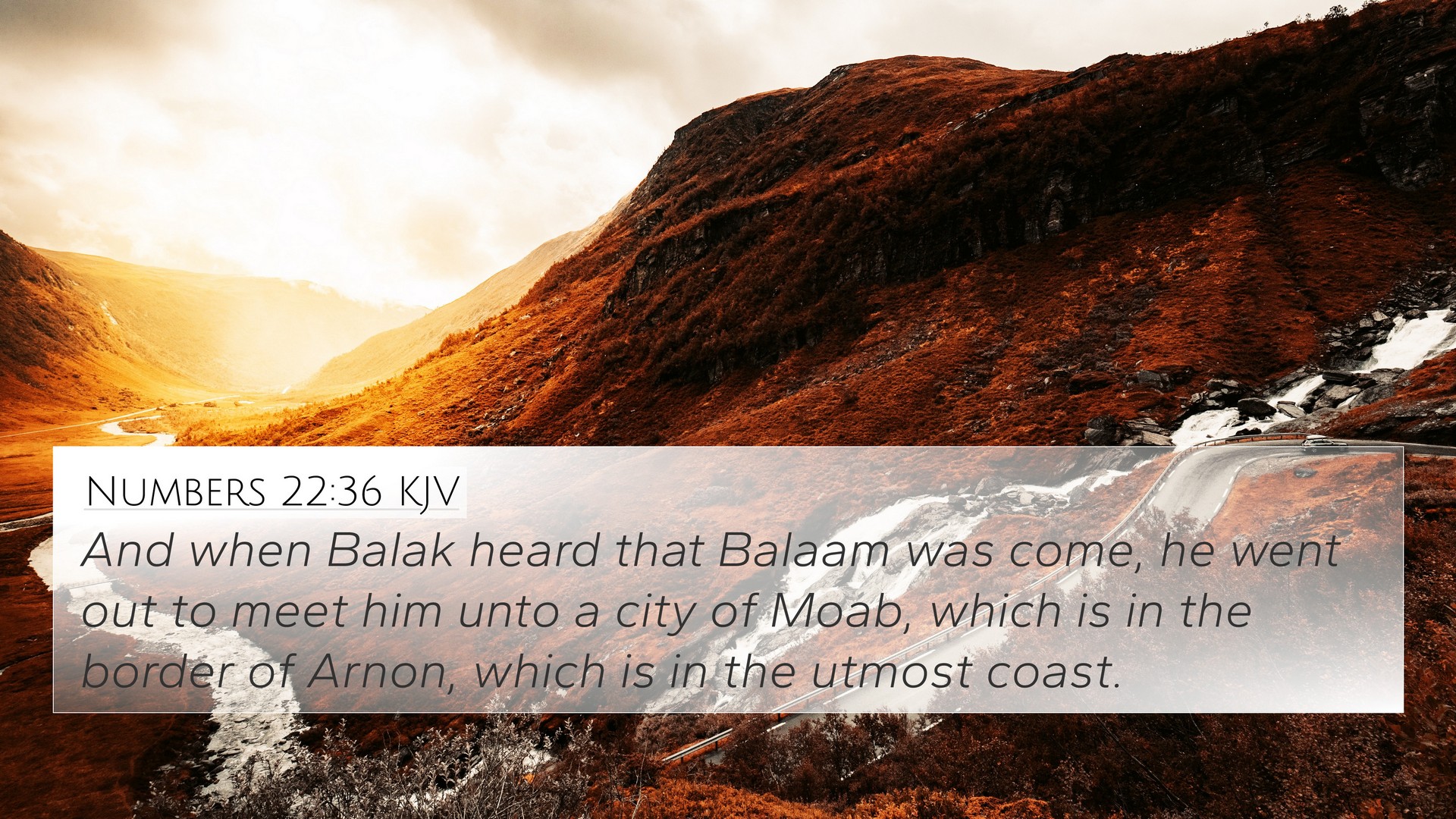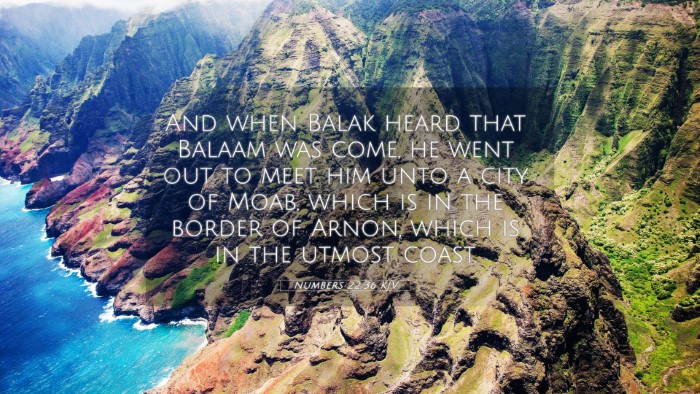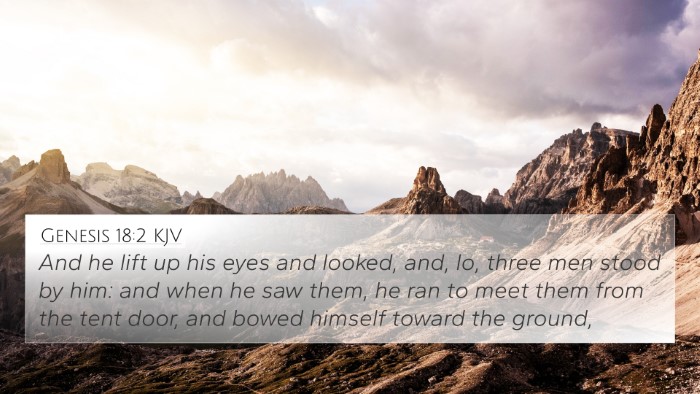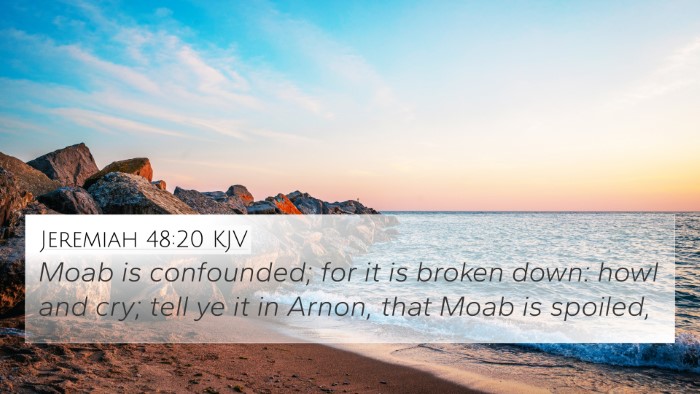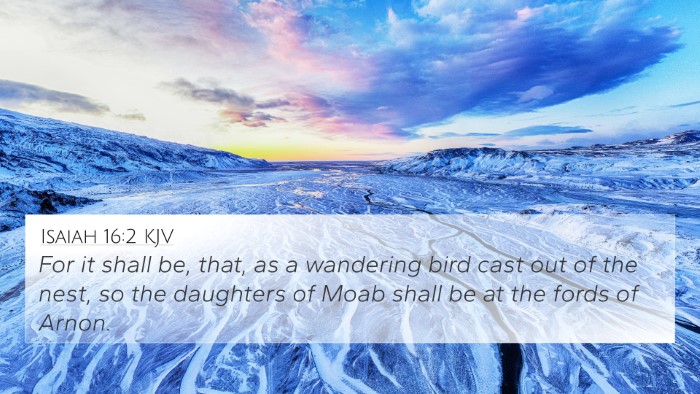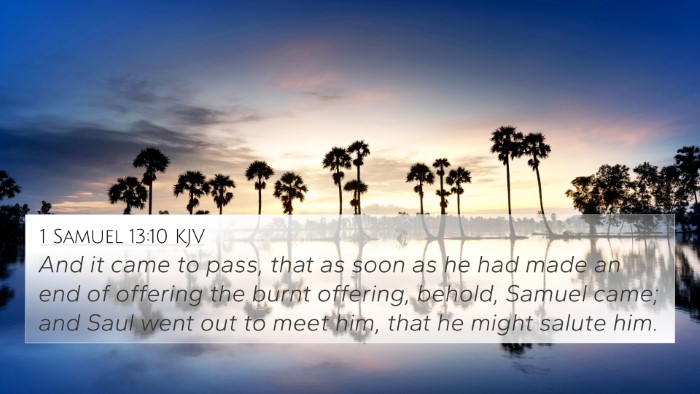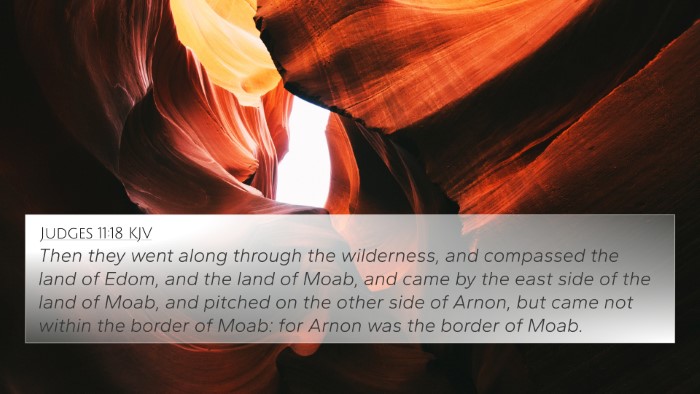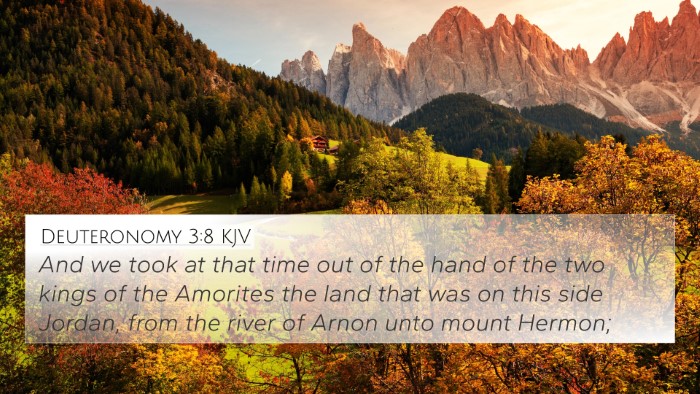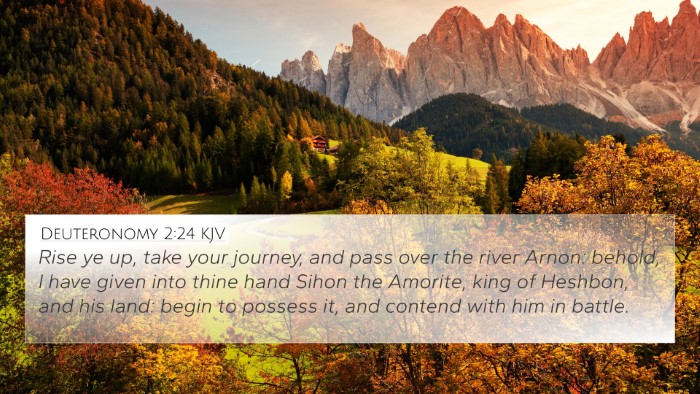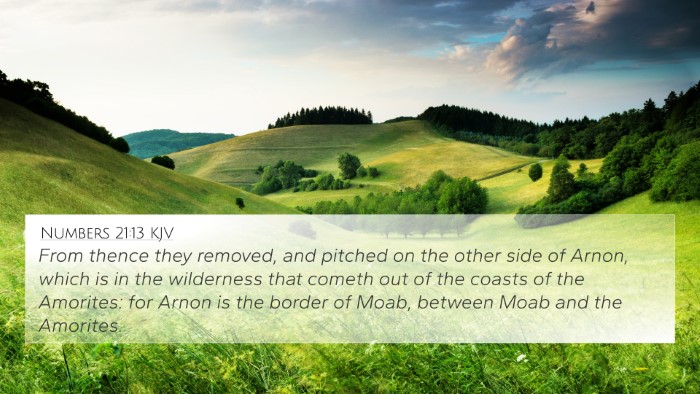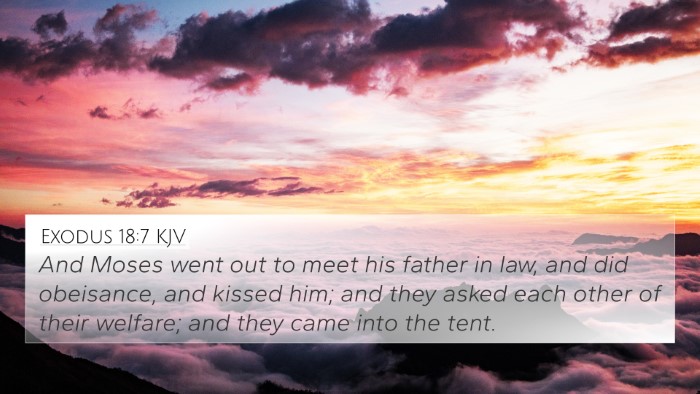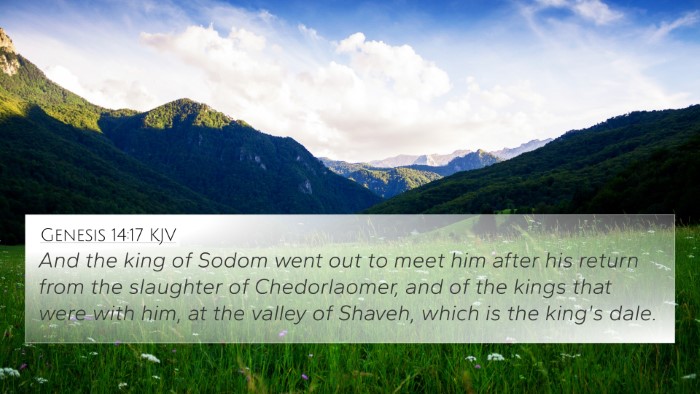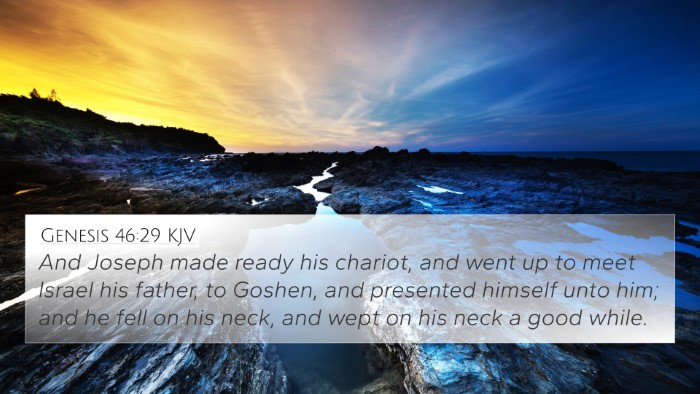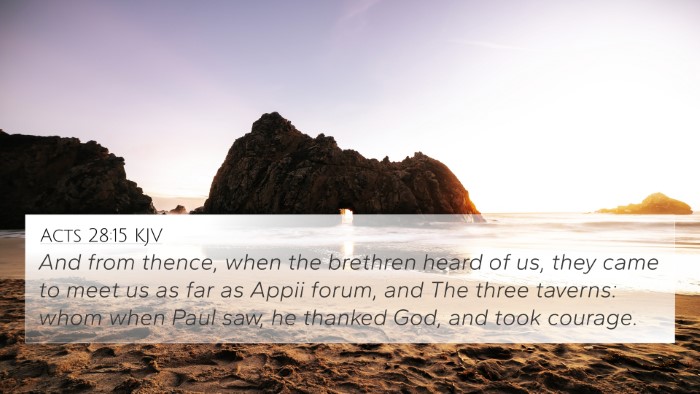Understanding Numbers 22:36
Verse Reference: Numbers 22:36 - "When Balak heard that Balaam was coming, he went out to meet him at the city of Moab, which is on the border of the Arnon, at the extremity of the territory."
Contextual Overview
This verse is situated within a narrative about Balaam, a diviner summoned by Balak, king of Moab. The context illustrates the tension between Israel and the Moabites, where Balak seeks Balaam’s assistance for cursing Israel. The journey of Balaam, prompted by Balak's initiative, highlights important themes of power, prophecy, and the divine will.
Meaning and Interpretation
In his commentary, Matthew Henry notes that the sequence of events illustrates the desperation and determination of Balak. He interprets Balak's actions as reflecting humanity's efforts to manipulate divine purposes for personal gain.
Albert Barnes emphasizes the geographical significance, noting that Balak's location is symbolic of the boundaries between different nations and ideologies. He asserts that this meeting embodies the clash between God’s chosen people and those who oppose his plans.
Adam Clarke highlights the spiritual dynamics in this verse, explaining how Balak’s expectation of Balaam's powers can be seen as an attempt to harness spiritual authority for earthly gain. Balaam's arrival, therefore, acts as a pivot point for both divine intention and human ambition.
Cross-References
- Deuteronomy 23:3-6: Discusses Moab's historic animosity towards Israel and offers insight into the underlying tensions during this encounter.
- Numbers 23:8: Balaam speaks about being unable to curse what God has blessed, highlighting God’s sovereignty over curses.
- Joshua 24:9-10: Balak’s lineage and motivations are further explored in the context of Israel's history.
- Revelation 2:14: Mentions Balaam as a negative exemplar in understanding deceiving influences in the church.
- Micah 6:5: Reflects on the history between Israel and Moab, providing context for the themes of oppression and justice.
- 1 Peter 2:9: Speaks of God’s chosen people, paralleling Israel's chosen status vs. Moab's ordained curse.
- Romans 8:31: Addresses the assurance that if God is for us, no one can stand against us, mirroring Israel's situation.
Thematic Connections
The themes of divine versus human intention, the struggle for power, and the prophetic authority are prevalent not only in Numbers 22:36 but also resonate throughout biblical texts. This encourages readers to undertake bible verse cross-references for deeper understanding of the interconnected nature of scripture.
Furthermore, by exploring the connections between Bible verses, one can see how Balak's attitude reflects broader themes of fear and reliance on worldly powers rather than trust in God's promises.
Inter-Biblical Dialogue
This verse invites exploration into both Old and New Testament narratives, particularly regarding the treatment of God’s people by external forces. It establishes a foundation for understanding how these themes are echoed later in various biblical contexts, serving as a study in cross-referencing Biblical texts.
Practical Application
For those interested in tools for Bible cross-referencing, Numbers 22:36 serves as a launching point for understanding how different passages contextualize the conflict between divine sovereignty and human ambition.
Readers can use a bible concordance to identify additional themes and variations in scripture that reinforce or challenge the narratives found within this verse.
Conclusion
In conclusion, Numbers 22:36 encapsulates a crucial moment that underscores the tension in the spiritual realm between divine will and human desire for control. The verse invites a rich exploration through comparative Bible verse analysis and helps believers and scholars alike navigate the complexities of biblical relationships.
